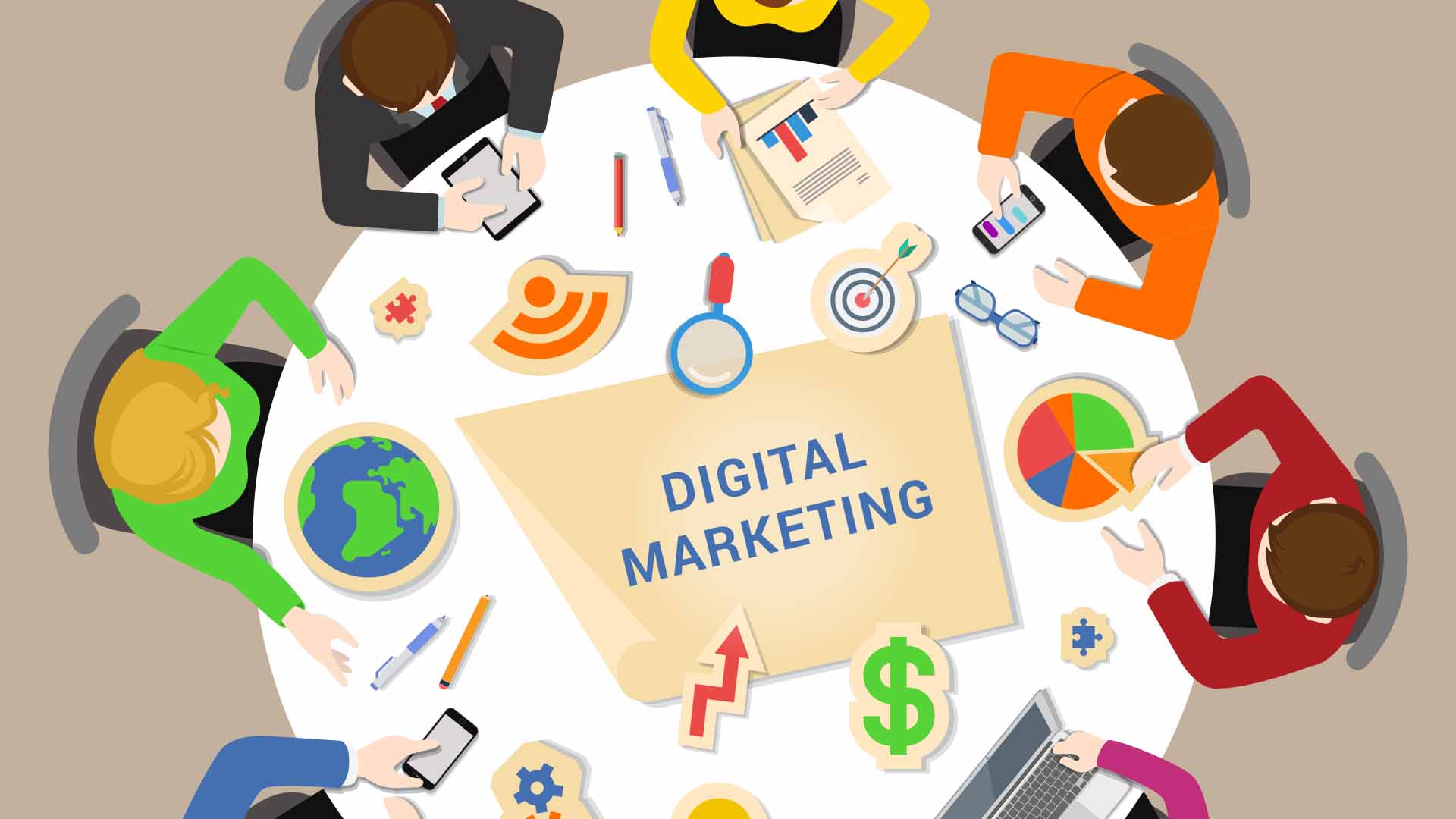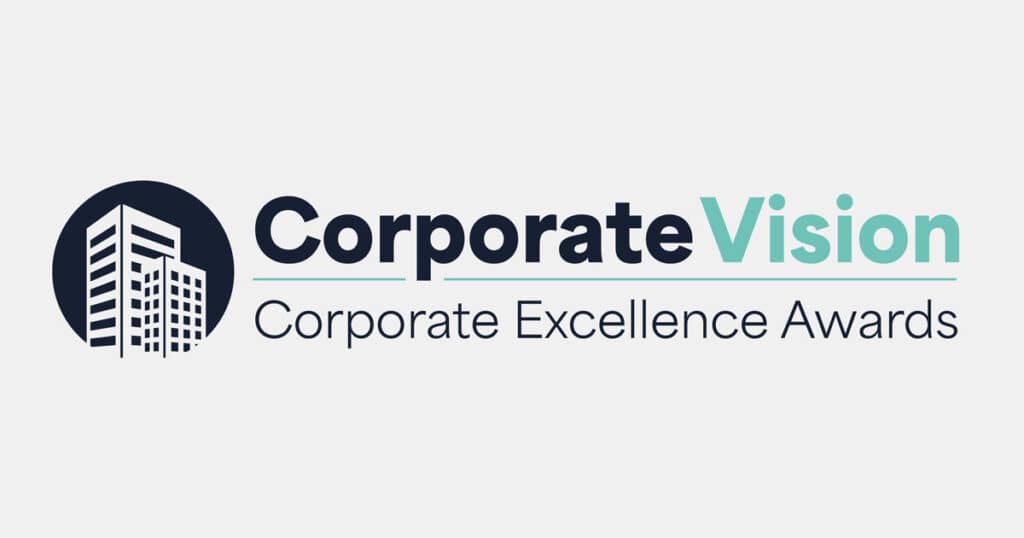The core purpose of marketing is to meet the needs and wants of a target audience while achieving the organization’s goals. This includes undertaking advertising, graphic design, website development projects, creating and implementing content such as blog posts, press releases, photography, and video, as well as undertaking market research, competitor analysis and direct marketing.
A fully integrated marketing agency takes a comprehensive 360-degree approach by merging all the mentioned elements into a cohesive service.
They have distinct skills across their team and can work together to deliver the service cohesively. In this article, we will delve into the concept of fully integrated marketing agencies, explore the benefits they offer, and guide you in choosing the right one for your business.
What is a Fully Integrated Marketing Agency?
A fully integrated marketing agency meets every client demand, from branding and strategy to digital design, web design, and communications, offering a comprehensive solution.
For example, if you want to undertake a social media campaign, you will require the following skills:
- Social media marketing specialist to develop and execute the marketing plan.
- SEO specialist to optimize social media profiles and posts for relevant keywords.
- Data analyst to track the performance of marketing campaigns and make data-driven decisions.
- Graphic designer to create visually appealing graphics and visual content.
- Website designer to ensure your landing page is optimal and Call-to-Action features are working.
- Account Manager to ensure a consistent message across all marketing channels.
They have distinct skills across their team and are able to cohesively work together to deliver the service.

The Benefits of Working With an Integrated Agency
Why Switch to an Integrated Marketing Agency?
The decision to switch to a fully integrated marketing agency often stems from the need for a comprehensive and cohesive marketing strategy. Businesses realize the limitations of fragmented approaches and seek the synergy that integrated agencies provide.
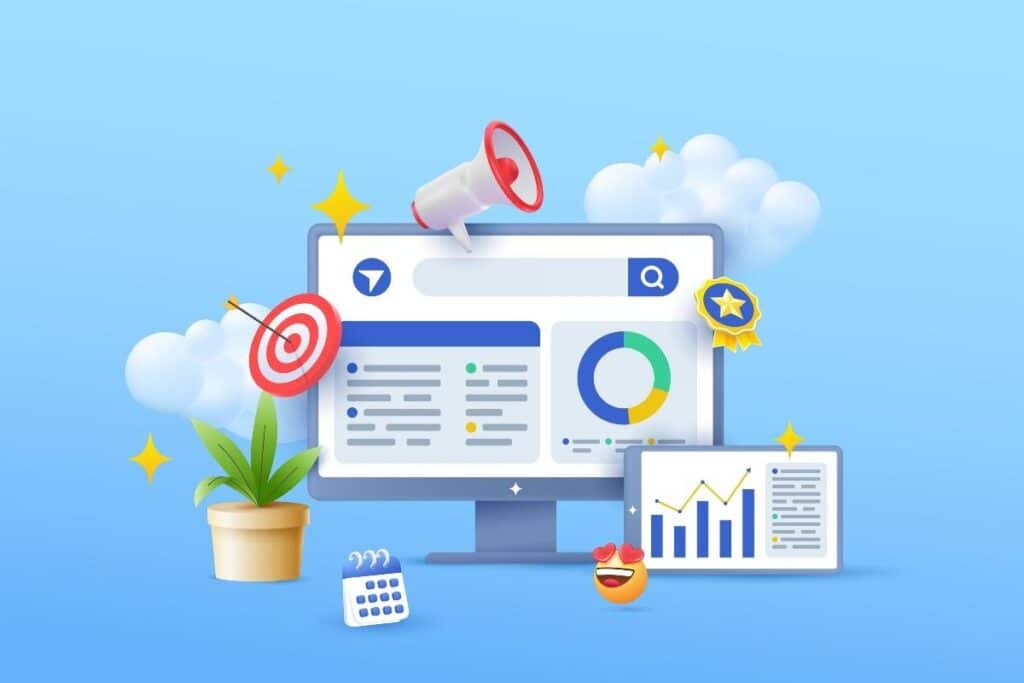
Businesses can benefit from a more holistic understanding of their target audience and market, allowing for the creation of marketing campaigns that resonate with consumers at every touchpoint. This cohesion enhances brand recognition and streamlines the overall marketing process, making it more efficient and impactful.
What Does an Integrated Marketing Company Do?
Integrated marketing companies adopt a holistic approach, leveraging various channels to achieve marketing objectives. From traditional marketing, like print and TV, to digital platforms like social media, SEO, and email marketing, these companies design strategies encompassing all customer journey touchpoints.
In a rapidly evolving digital landscape where consumer behaviors span various platforms and channels, the ability of an integrated agency to adapt and leverage multiple avenues becomes a strategic advantage. By switching to an integrated marketing agency, businesses can keep pace with industry trends and proactively engage and resonate with their target audience in a more interconnected and effective manner.
What are the types of channels integrated marketing agencies use to engage consumers?
Digital marketing encompasses a broader range of online marketing activities beyond social media. It refers to using digital channels, platforms, and technologies to promote products or services. Digital marketing can include various strategies, such as search engine optimization (SEO), search engine marketing (SEM), content marketing, email marketing, mobile marketing, and social media marketing.
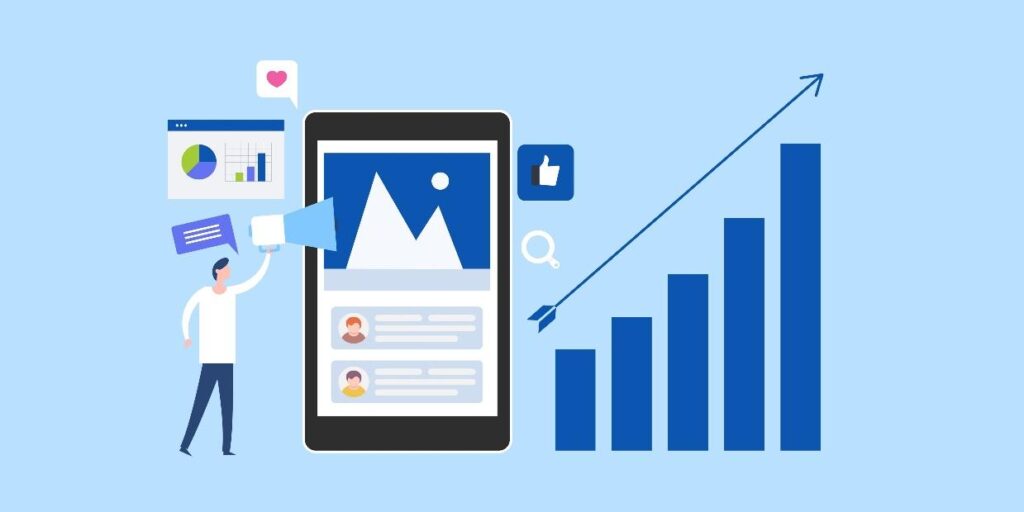
Content Marketing
This involves creating valuable, relevant and consistent content to attract and engage a specific target audience. This content can take various forms, including blog posts, whitepapers, eBooks, webinars, and videos. The objective is to establish the business as an authoritative source within its industry, providing information that addresses its target audience’s pain points and challenges. Effective content marketing educates and nurtures leads throughout the buyer’s journey, positioning the brand as a trusted partner.
Email Marketing
This channel aims to reach and engage potential clients through personalized and strategic email campaigns. It serves multiple purposes: lead generation, lead nurturing, and customer retention. Email campaigns may include newsletters, product updates, exclusive offers, or educational content. The segmentation of email lists and marketing automation plays a crucial role in tailoring messages to the specific needs and preferences of different segments. Effective email marketing fosters direct communication and relationship-building with potential and existing clients.
Social Media Marketing
This involves leveraging various social platforms to connect with and engage customers. This strategy is not just about brand promotion, but also about building relationships, sharing valuable content, and participating in industry conversations.
LinkedIn is a prominent platform for B2B social media marketing, offering opportunities for networking, lead generation, and showcasing expertise. Twitter, Facebook, and other platforms are also used strategically to share content, engage in discussions, and amplify the brand’s presence within the industry.
Social media marketing is essential for humanizing the brand, establishing thought leadership, and staying top-of-mind among potential B2B clients.
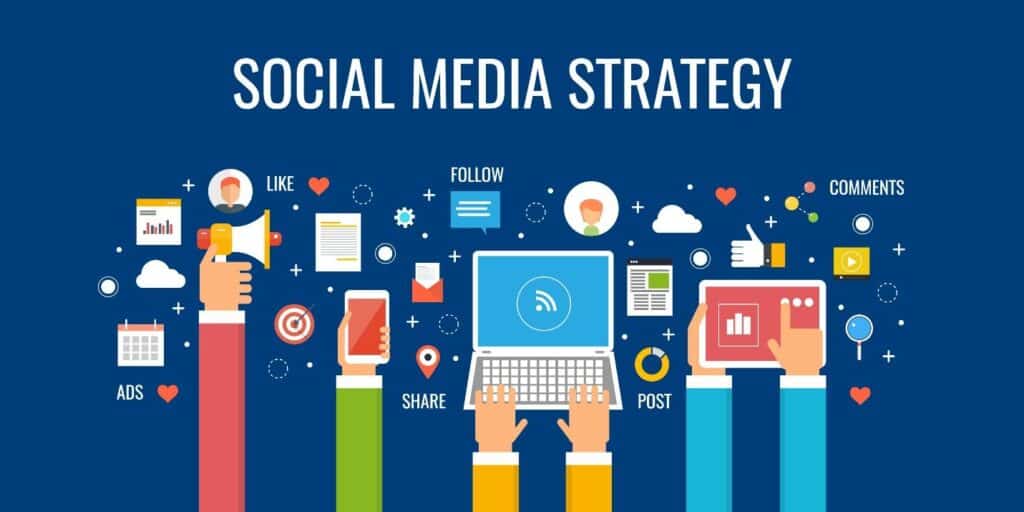
Search Engine Optimization (SEO)
SEO is a vital channel integrated marketing agencies leverage to engage consumers effectively. SEO involves optimizing online content to enhance its visibility on search engines like Google. Integrated marketing agencies recognize the significance of organic search traffic in driving online visibility, and SEO plays a pivotal role in achieving this.
Agencies often incorporate SEO practices across different channels to create a consistent and cohesive online presence. Content produced by the digital agency, whether on the website, blog, or social media platforms, is optimized with relevant keywords, meta tags, and other SEO elements. This ensures the content aligns with user search queries and ranks higher in search engine results pages.
Advertising Channels
SEM(Search Engine Marketing)
Advertising channels represent a toolkit with each channel serving a distinct purpose in engaging consumers effectively. Pay-per-click (PPC) advertising, a prominent digital strategy, enables agencies to place targeted ads on search engines and websites, ensuring a brand’s visibility when consumers actively seek relevant information.
Social Media Marketing
Social media ads on different platforms like Facebook, Instagram, and Twitter leverage the power of social connectivity to deliver tailored messages to specific demographics, fostering community engagement and brand loyalty.
Traditional Digital Media Ads
Traditional and digital banners act as visual stimuli, capturing attention and conveying key brand messages across diverse spaces. Digital advertising, which encompasses a spectrum of online platforms such as display ads, email campaigns, and sponsored content, facilitates a comprehensive online presence.
How To Choose the Right Integrated Marketing Agency
Selecting the right integrated marketing agency is crucial for the success of your campaigns. Consider the following factors:
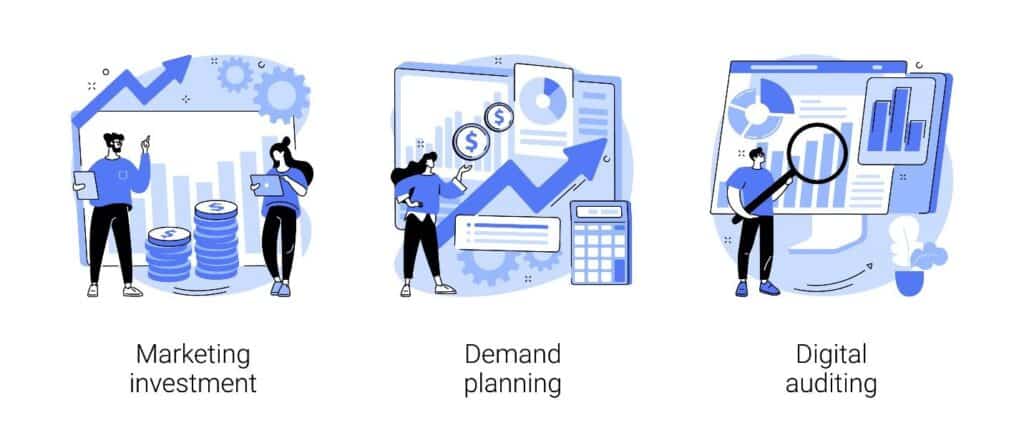
Industry Expertise
Look for agencies with experience in your specific industry for a deeper understanding of your target audience. The importance of industry-specific knowledge cannot be overstated. When an agency possesses experience within your specific sector, it brings an inherent understanding of the nuances, challenges, and trends that resonate with your target audience.
For instance, imagine a technology company seeking an integrated marketing agency. If the selected agency has previously worked with tech firms, they are more likely to comprehend the industry’s intricacies, such as the fast-paced nature of technological advancements and the specific language that resonates with tech-savvy consumers.
Proven Track Record
Evaluate the agency’s past campaigns and their success in achieving client objectives. A track record of successful campaigns instills confidence and demonstrates the agency’s capacity to adapt strategies to diverse client objectives, thereby increasing the likelihood of success for your own marketing endeavors.
Team Expertise
Ensure the agency has a skilled and diverse team capable of handling various marketing channels. Imagine a scenario where an agency boasts team members with diverse expertise, including graphic designers, content creators, social media specialists, SEO experts, and data analysts. This diversity ensures a comprehensive approach to your business objectives.
10 Questions To Ask an Integrated Marketing Agency
- How do you approach campaign integration?
- Can you provide examples of successful integrated campaigns?
- How do you measure the success of integrated campaigns?
- What tools and technologies do you use for data analysis?
- How do you ensure consistency across different marketing channels?
- What is your approach to audience targeting and segmentation?
- How do you adapt strategies to evolving market trends?
- What level of transparency can we expect in reporting?
- How do you handle challenges and setbacks in campaigns?
- What is your approach to client collaboration and communication?
Key Takeaways
From streamlined campaigns to enhanced brand recognition, the benefits of choosing integration are compelling. As businesses navigate the complexities of modern marketing, you may want to consider hiring a digital marketing agency with years of experience because of its capabilities to convert leads into clients. As we do here at Blue Atlas, we want to ensure your digital marketing needs and campaigns are cohesively launched by professionals so you can focus on growing your business.

